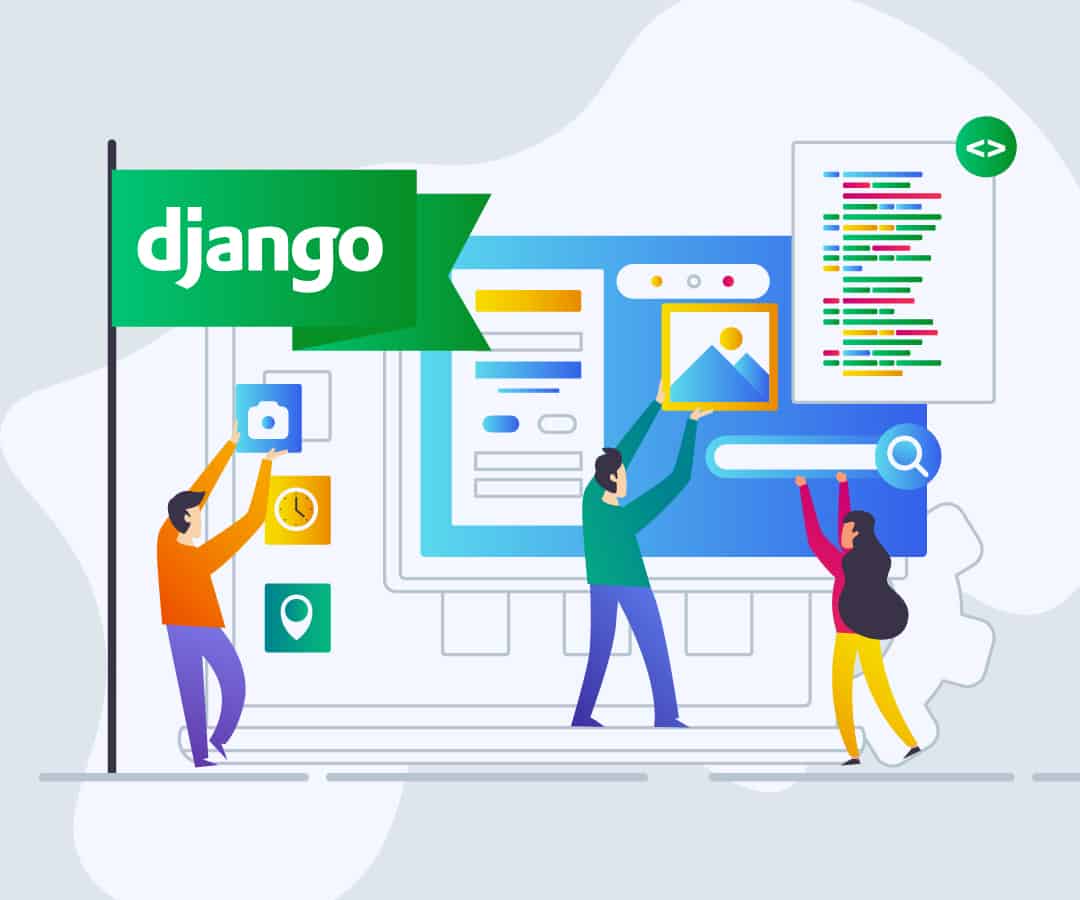0818 Work Insights
Your go-to source for the latest work trends, tips, and advice.
Django Drama: Why Your Next Web Project Should Skip the Frameworks
Unleash your creativity! Discover why ditching Django and other frameworks might be the key to your next web project's success.
Exploring the Limitations of Django: When Simplicity Trumps Frameworks
Django is a powerful web framework that facilitates rapid application development and pragmatic design. However, it is essential to recognize that even the most sophisticated frameworks have their limitations. One of the primary limitations of Django is its inclination towards complexity, which can often hinder simplicity. For certain projects, especially those with minimal requirements, the overhead of using a comprehensive framework like Django may outweigh its benefits. In such cases, developers might find that a lightweight approach, possibly involving simpler tools or libraries, is more effective in achieving their goals.
Moreover, as simplicity trumps frameworks, the learning curve associated with Django can be steep for newcomers. The framework's extensive features can lead to overengineering, where developers may implement elaborate solutions for fundamental problems. This can result in increased development time and maintenance challenges. Therefore, while Django is an excellent choice for many applications, it is crucial for developers to assess their project's requirements critically and determine whether a simpler solution would be more appropriate in delivering a seamless user experience and maintainability.

Is Django Holding Your Web Project Back? Consider These Alternatives
Django is a powerful web framework that has gained a loyal following due to its robust features and rapid development capabilities. However, as your project evolves, you might find that Django's monolithic structure and opinionated approach can sometimes hold your web project back. For smaller projects or when your team requires more flexibility, alternatives like Flask or FastAPI might be more suitable. These frameworks offer a lightweight approach and are less restrictive, allowing developers to choose the components they need without being bogged down by the complexity that Django can introduce.
It's essential to evaluate your project's specific requirements before committing to Django or exploring alternatives. For instance, if you're building an application that requires real-time capabilities, Node.js and frameworks such as Express might serve you better. Additionally, if you're focused on a microservices architecture, using RESTful services with Spring Boot for Java or even .NET Core can provide the scalability and modularity that Django isn't designed for. Ultimately, understanding the advantages of each framework will empower you to make a more informed decision about whether Django is indeed holding your web project back.
The Case Against Django: Why Pure Python Might Be Your Best Bet
While Django is a powerful web framework that streamlines the development of complex applications, there are compelling reasons to consider pure Python for your next project. One major drawback of Django is its steep learning curve, especially for newcomers to web development. The framework introduces a unique structure and conventions that may seem overwhelming. By leveraging pure Python, developers can enjoy greater flexibility and control, as they aren't tethered to Django's conventions and can craft solutions tailored to their specific needs.
Additionally, performance is another area where pure Python might shine compared to Django. While Django is feature-rich, this richness often contributes to overhead that can slow down applications, especially in scenarios requiring custom optimizations. By opting for pure Python, developers can optimize code to enhance performance, reduce load times, and ultimately offer a more responsive user experience. This approach also promotes a deeper understanding of the underlying code, allowing developers to implement solutions with precision and efficiency.